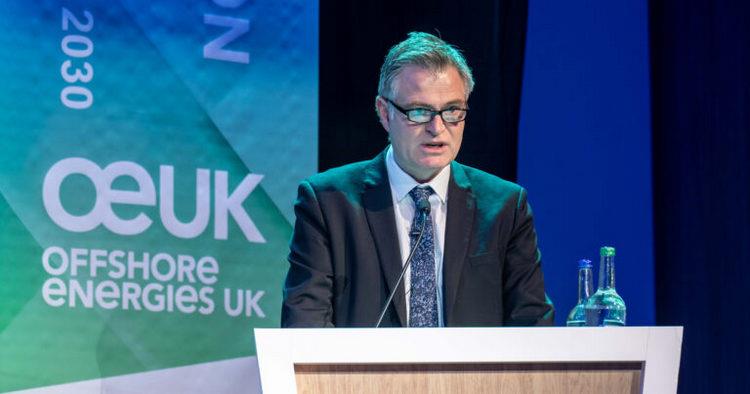
Offshore Energies UK (OEUK), the leading trade body for the UK offshore energy sector, has responded to Labour's Autumn Budget.
Confirming changes to the Energy Profits Levy, the Chancellor said she has sought to ensure the UK oil and gas industry can protect jobs and support domestic energy security. She confirmed that while the government will increase and extend the energy profits levy on oil and gas production to a headline rate of 78% and remove the associated investment allowance, the 100% first-year capital allowance and the decarbonisation allowance will be retained. The Chancellor also confirmed that the EPL will fall away in March 2030 unless the Energy Security Investment Mechanism is triggered before then.
OEUK said there is different path which generates more economic value and enables a homegrown transition towards the country’s climate goals by anchoring the sector’s world class supply chain and supporting over 200,000 UK-wide jobs.
The Chancellor reconfirmed support for GB Energy and funding for carbon capture and storage and hydrogen projects across the UK.

David Whitehouse, CEO Offshore Energies UK comments:
'Today we heard the Chancellor recognise the role of the oil and gas sector to support high quality jobs and strengthen the UK’s energy security. We welcome that and the meetings and dialogue which have taken place between industry and the new government.
'While the government will increase and extend the Energy profits levy on oil and gas production to a headline rate of 78% and remove the associated investment allowance, the 100% first-year allowance and the decarbonisation allowance will be retained. The Chancellor also confirmed that the EPL will fall away in March 2030.
'However, with an increase in tax despite commodity prices at recent lows, there is no hiding that this is a difficult day for the sector.
'Oil and gas companies, our world class supply chain and our highly skilled people will support the energy transition. We will not be successful without them.
'It’s why there is a different path for this industry which can deliver the energy future we all agree on. With industry and government working in partnership we can protect the North Sea as a national economic asset. It can and should serve as an engine to realise UK economic growth and climate goals.
'We welcome that the government will consult in early 2025 on how the oil and gas tax regime can encourage investment and respond to changes in the oil price. We also note the consultation on end use emissions for oil and gas projects.
'That’s why we are calling for a homegrown energy transition – making the most of our whole homegrown sector – from oil, gas, wind, hydrogen to carbon capture projects with fair and competitive stable policies that keep jobs, skills and capital in the UK.'
Notes to editors:
- Issued by the communications team, OEUK. Contact media@oeuk.org.uk.
- OEUK is campaigning for a homegrown energy transition that makes the most of the UK’s people and industrial strengths to be a secure, sustainable and skilled future. Download a copy of OEUK’s industry manifesto here.
Did you know?
- 154,000 jobs are directly or indirectly related to offshore energy.
- 120,000 of these are directly or indirectly supported by oil and gas projects. When induced jobs are included this increases to over 200,000.
- Spend in the UK’s offshore energy sector could total £450bn by 2040.
- The existing supply chain built through experience supporting the oil and gas sector has the capability to service 84%, 80% and 58% of our CCS, Hydrogen, and Floating offshore wind sectors, respectively.
- Moving to net zero will require more than £1 trillion of investment across the UK economy.
- The offshore energy sector is ready to spend £450bn on projects in the next 15 years under the right investment conditions.
- The UK imports around 40% of its energy needs. UK energy production is at the lowest it has ever been.
- The UK gets three-quarters of its total energy from oil and gas. Domestic production is equivalent to around half these needs.
- Over 24 million homes rely on gas boilers for heating. 1.5 million more homes rely on heating oil.
- Over 30% of UK electricity is supplied by gas power stations
- 38 million UK vehicles run on petrol or diesel.
Source: OEUK












